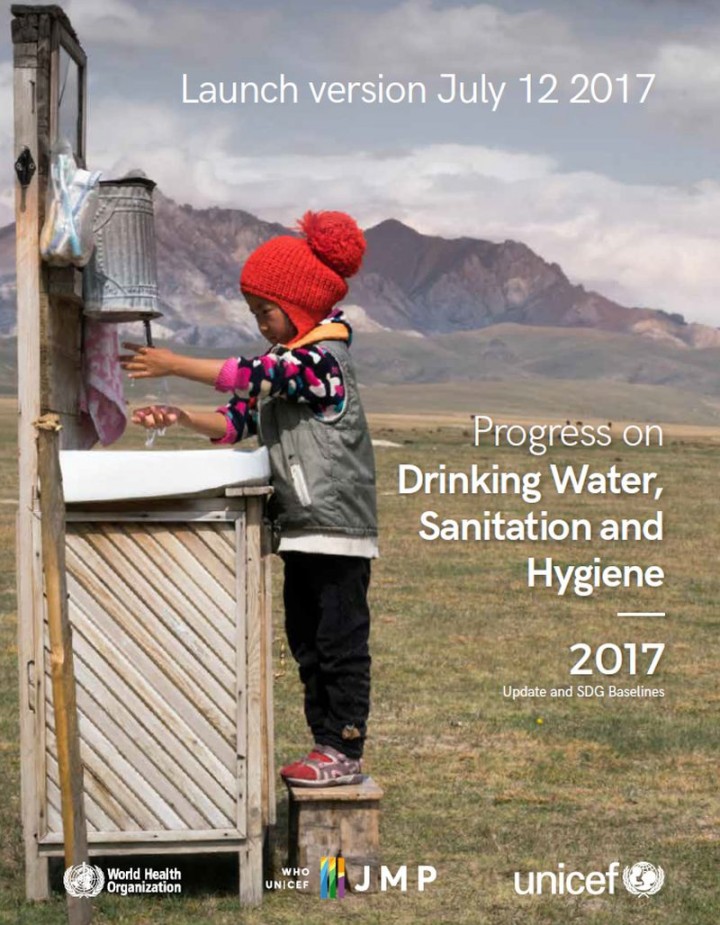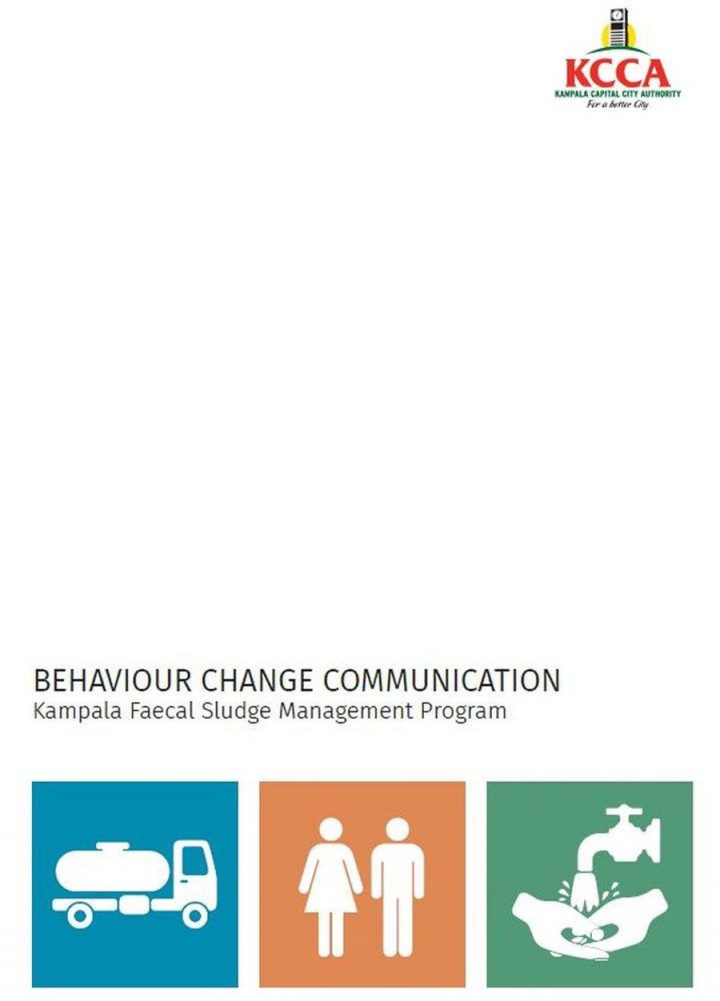Henze, M., Loosdrecht, M.C.M, Ekama, G.A., Brdjanovic, D. (2008) Biological Wastewater Treatment: Principles, Modelling and Design (in Arabic)
Abdul Razzaq Al Turkmani (2009) Introduction to the Septic Tank (in Arabic)
Abdul Razzaq Al Turkmani (2009) Engineering management of wastewater in small communities (in Arabic)
Abdul Rakeeb Ali Hammadi (2001) Construction of latrines, and methods of its development and maintenance (in Arabic)
Jensen, P. (2005) Overview ecological sanitation technology (in Arabic)
Burke, P., et al. (2014) Technical solutions and better practices for sanitation (in Arabic)
Nembrini, P.G. (2009) Water, Sanitation, Hygiene and living conditions in prisons (in Arabic)
Ministry of Human Resource Development (2014) Clean India: Clean Schools A Handbook
Swachh Bharat: Swachh Vidyalaya is the national campaign driving ‘Clean India: Clean Schools’. A key feature of the campaign is to ensure that every school in India has a set of functioning and well maintained water, sanitation and hygiene facilities. Water, sanitation and hygiene in schools refers to a combination of technical and human development components that are necessary to produce a healthy school environment and to develop […]
Various Authors (2017) Fostering WaSH marketing exchange systems in informal Melanesian settlements
Multiple papers. 1. Research Brief: Melanesian WaSH policy environments to foster inclusive WaSH marketing exchanges 2. Policy Brief: Melanesian WaSH policy environments to foster inclusive WaSH marketing exchanges 3. Programmer’s Brief: Building on existing marketing exchanges in Melanesian informal settlements to improve WaSH Research 4. Programmer’s Brief: Using participatory processes to engage informal settlements and enabling actors in improving WaSH 5. Policy Brief: Enabling environments that foster sustainable, effective and inclusive WaSH marketing exchanges 6. Programmer’s […]
Barrington, D.J., Bartram, J., Meo, S., Saunders, S.G., Shields, K.F., Sridharan, S, and Souter, R.T. (2017) Fostering water, sanitation and hygiene (WaSH) marketing exchanges using participatory processes: A guide for working with residents of informal settlements in the Pacific
Through working with community members of informal settlements and a range of enabling actors, from communities, government businesses, civil society organisations, the authors were able to describe the features of a WaSH marketing exchange system that supports sustainable and inclusive wash. This guide provides practical information about how such a marketing exchange system can be fostered.
Hall, N., Barbosa, M.C., Currie, D., Dean, A.J., Head, B., Hill, P.S., Naylor, S., Reid, S., Selvey, L., and Willis, J. (2017) Water, sanitation and hygiene in remote Indigenous Australia A scan of priorities
This discussion paper presents a scan of the current status of water, sanitation, and hygiene services and challenges in remote Australian Indigenous communities. It was conducted to make explicit the challenges requiring attention and to propose questions to stimulate discussion as to how various stakeholders can respond to these challenges. it was guided by examples of initiatives that have improved WASH services and behaviours.
Gilmont, M., Rayner, S., Harper, E., Nassar, L., Tal, N., Simpson, M., Salem, H. (2017) Decoupling National Water Needs For National Water Supplies Insights and Potential for Countries in the Jordan Basin
This report analyses and compares the water allocation and management experience of Jordan, Palestine and Israel using the lens of economic and resource decoupling to highlight past trends and future potential for jurisdictions in the region to circumvent limits on natural water resources. Like most Middle East economies, Jordan and Palestine face extreme water scarcity and potential food insecurity. These conditions are increasingly seen as […]
Jacob, N. (2017) Case studies are Signposts for Recognition and Encouragement A Thematic Discussion Series hosted by the SuSanA India Chapter and India Sanitation Coalition
Case studies are an important tool of qualitative research but need to be prepared and used with care. This thematic discussion examines what constitutes a case study, how they can be collected, validated and distributed, and how they can help scale up projects.
WHO and UNICEF (2017) Progress on Drinking Water, Sanitation and Hygiene - 2017 Update and SDG Baselines
The WHO/UNICEF JMP has published its first report of the SDG period, Progress on drinking water, sanitation and hygiene: 2017 update and SDG baselines. The report introduces and defines the new indicators of safely managed drinking water and sanitation services. Estimates of safely managed drinking water services, the indicator for SDG target 6.1, are presented for 96 countries, while estimates are provided for safely managed […]
Mumssen, Y. U., and Thelma T, eds., with support from Norhan Sadik and Ali Dirioz. (2017) Status of Water Sector Regulation in the Middle East and North Africa
This report is part of a wider World Bank initiative to provide government officials and other stakeholders in the Middle East and North Africa—including civil society, service providers, potential financiers, and development practitioners—with the resources to better understand current conditions and consider approaches to regulating WSS, taking into account the benefits that could result and challenges that might be encountered. This desk study is a first […]
Kampala Capital City Authority (2017) Minimum Standards for Onsite Sanitation Technology Options in Kampala
KCCA’s current drive towards improving faecal sludge management in Kampala is cognisant of the city sanitation challenges and significant contribution of sanitation to economic and social development of the country and thus its citizens. The Authority and its divisions have an intermediary function for the coordination of sanitation planning and the harmonisation with urban development planning. This document therefore is intended to assist households, developers and […]
Kampala Capital City Authority (2017) Behaviour Change Communication Kampala Faecal Sludge Management Program
Guiding document for Landlords, Tenants, and Local Leaders on Safe Pit Emptying, Improved Emptiable Toilets, and Toilet Hygiene.




















